Assessment of Shallow Lake Management
PROJECT OVERVIEW
Minnesota's shallow lakes provide numerous benefits including clean water, hydrologic storage to limit flooding, recreational opportunities, and fish and wildlife habitat. However, the water and habitat quality of Minnesota's shallow lakes have been deteriorating over the past century. Through this appropriation, the Minnesota Department of Natural Resources will coordinate with a number of partner organizations to evaluate the causes of deterioration along with the effectiveness of current management practices in five ecological regions of the state. Findings will be used to identify the most cost-effective approaches for maintaining and restoring shallow lakes and for developing region-specific guides for sustainable shallow lake management.
OVERALL PROJECT OUTCOME AND RESULTS
Minnesota's shallow lakes provide numerous direct human benefits such as clean water, hydrologic storage to limit flooding, recreational opportunities, and access to unique wild areas. They also contribute many valuable ecosystem services including carbon sequestration, habitat for native species, and unique recreational opportunities. Unfortunately, water and habitat quality of Minnesota's shallow lakes have deteriorated dramatically during the past century. Conversion from native upland covers, widespread wetland drainage and surface-water consolidation to facilitate agricultural and urban/residential development have been implicated as major causes for these changes. To facilitate better conservation of these areas, we studied approximately 140 shallow lakes in 5 ecological regions of Minnesota to:
- Identify major factors leading to deterioration.
- Evaluate results of specific lake restoration approaches, including cost-effectiveness of various combinations of lake management strategies.
- Assess the impacts of increased surface water connectivity on fish invasions and resulting habitat quality.
Our efforts included: comprehensive sampling of shallow lakes to identify direct and indirect causes of deterioration, evaluation of approximately eight lakes currently undergoing rehabilitation, and economic analyses to help managers identify which restoration strategies are likely to produce the greatest improvements in water quality and other lake characteristics per unit cost. Our key findings were as follows:
- High nutrient levels and dense populations of undesirable fishes favor water quality deterioration. These influences increase along a NE-SW gradient. Turbid lakes more often occur in prairie than in forested regions.
- Fish removal via rotenone, water control structures, and drawdowns improve water quality and wildlife habitat. Deteriorated conditions often recur; this underscores need for long-term approaches that reduce nutrient loading.
- Fish removal via rotenone and drawdown are effective methods for improving lakes in the short-term (5-10 years). Because improvements may not persist, watershed restoration to reduce nutrient loading is also necessary. More monitoring of rehabilitated lakes is necessary. Region-specific guidelines are not yet possible, but in-lake measures will be most beneficial in short-term, regardless of where lakes are located.
- Limiting surface connectivity is critical to controlling distribution of undesirable fishes including invasive species.
These findings were used to develop improved modeling and produced a series of recommendations to guide future efforts to maintain and rehabilitate shallow lakes throughout Minnesota. This information is being disseminated through future presentations and publications and through the Minnesota DNR Data Deli website (http://deli.dnr.state.mn.us).
PROJECT RESULTS USE AND DISSEMINATION
We anticipate preparation of 5-8 peer reviewed manuscripts to be developed from data gathering and analyses completed during the present study. We are also planning to develop a shallow lake workshop for lake managers and other conservation partners to be held in central Minnesota during July or August 2013. We expect to offer a day-long technical program that will center on results of the present LCCMR-funded research, allow discussion of lake rehabilitation strategies, and will offer opportunities for project managers and collaborators to present study findings directly to lake and landscape managers and other conservation partners in Minnesota. Presently, the Minnesota Chapter of the Wildlife Society has agreed to sponsor this workshop and to coordinate meeting and facilities requirements.
Results and synthesis from this work have been presented at annual meetings of the American Society of Limnology (Lake Biwa, Shiga, Japan, July 2012), the Ecological Society of America (Portland, Oregon, Aug 2012), and at various regional meetings of DNR staff and others. In addition, results have been distributed to DNR staff, other professionals, and the general public via annual project summaries from the Wildlife Research Unit, Minnesota DNR. We expect to develop 5-8 manuscripts for publication during the next 2-3 years.
$262,000 is from the trust fund to the commissioner of natural resources to evaluate the major causes of deterioration of shallow lakes in Minnesota and evaluate results of current management efforts. This appropriation is available until June 30, 2013, by which time the project must be completed and final products delivered.
Click on "Final Report" under "Project Details".
Click on "Final Report" under "Project Details".
